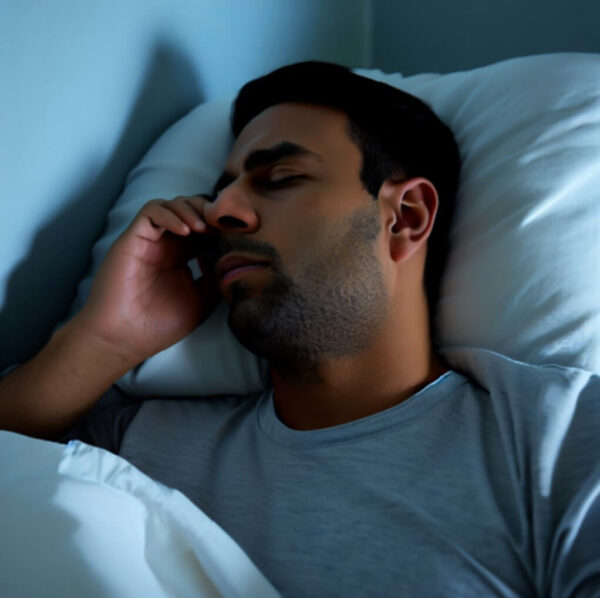Sleep apnea, a common sleep disorder characterized by repeated interruptions in breathing throughout the sleep cycle, has garnered attention in both the medical and legal spheres. With many affected by the condition, a recurring question is whether sleep apnea can be classified as a disability. In this post, we’ll delve into several contexts to shed light on the topic.
1. Social Security Disability Benefits
While the Social Security Administration’s Blue Book, which outlines disabling conditions, doesn’t specifically list sleep apnea, there’s hope for those severely affected. The pivotal factor is the condition’s impact on one’s ability to work. If sleep apnea, in conjunction with other health issues, inhibits your work capacity, there’s potential to qualify for benefits under the SSA1.
2. Workplace Rights and Accommodations
In the realm of employment, particularly in countries undergirded by robust disability laws like the U.S.’s Americans with Disabilities Act (ADA), sleep apnea could be viewed as a disability if it substantially limits vital life activities. Consequently, employers might be obliged to offer reasonable accommodations to affected employees2.
3. Veterans and Sleep Apnea
For the brave men and women who’ve served the U.S., the Veterans Affairs (VA) might classify sleep apnea as a disability. Veterans can potentially receive benefits, provided they can substantiate a connection between their sleep apnea and military service3.
4. Other Contextual Considerations
The classification of sleep apnea can oscillate based on the context. For instance, in insurance or driving scenarios, sleep apnea might be flagged as a risk or condition warranting special consideration.
In summation, the classification of sleep apnea as a disability is multifaceted, relying heavily on context. If you believe you’re disabled due to sleep apnea, it’s paramount to consult with healthcare and legal professionals.
Citations:






